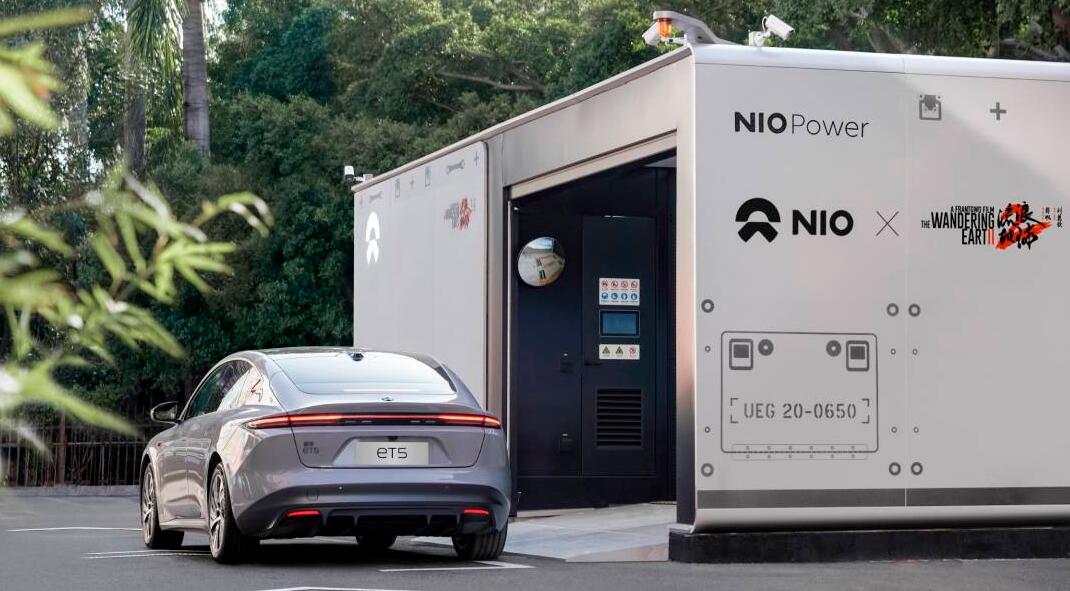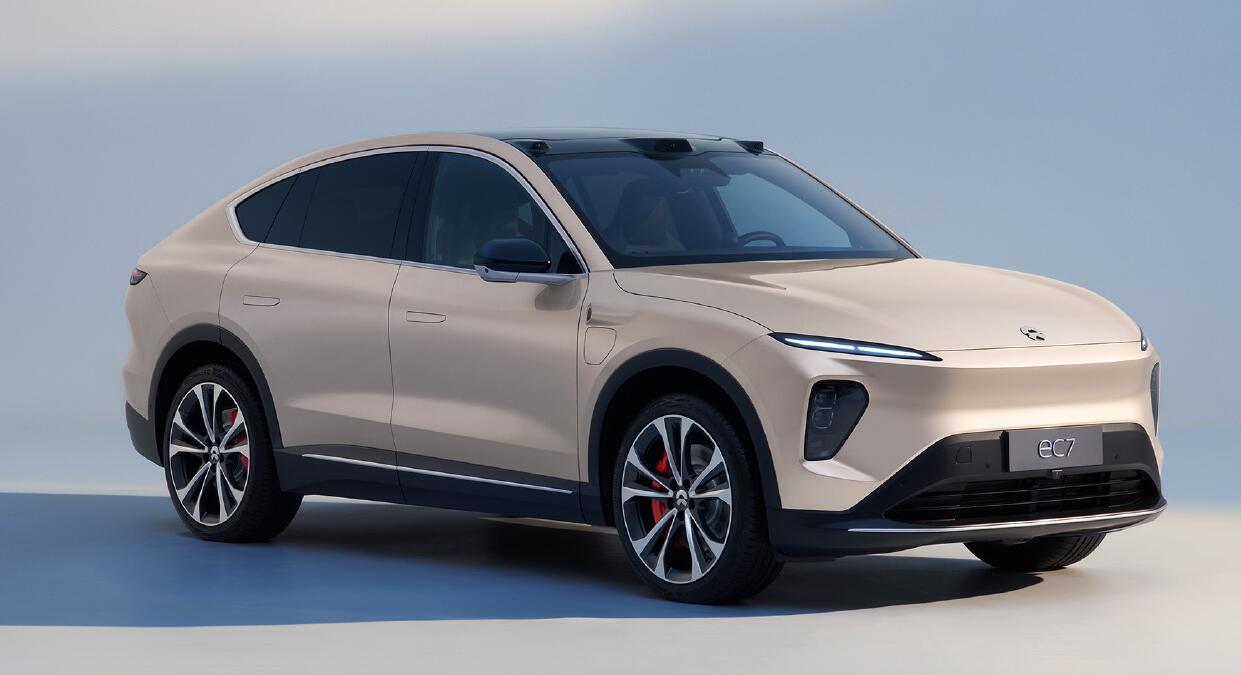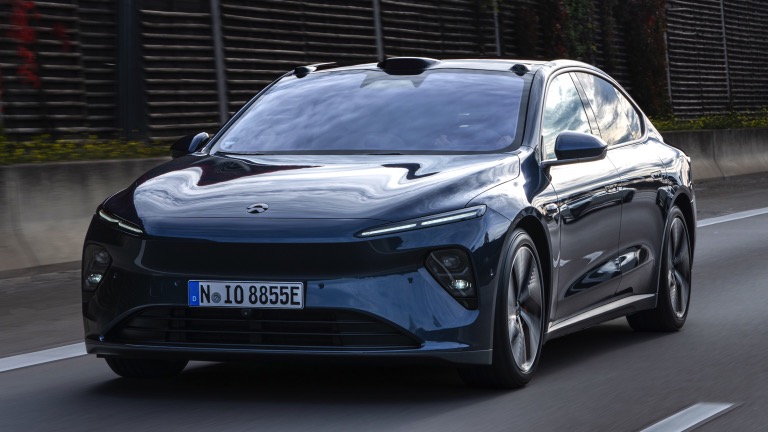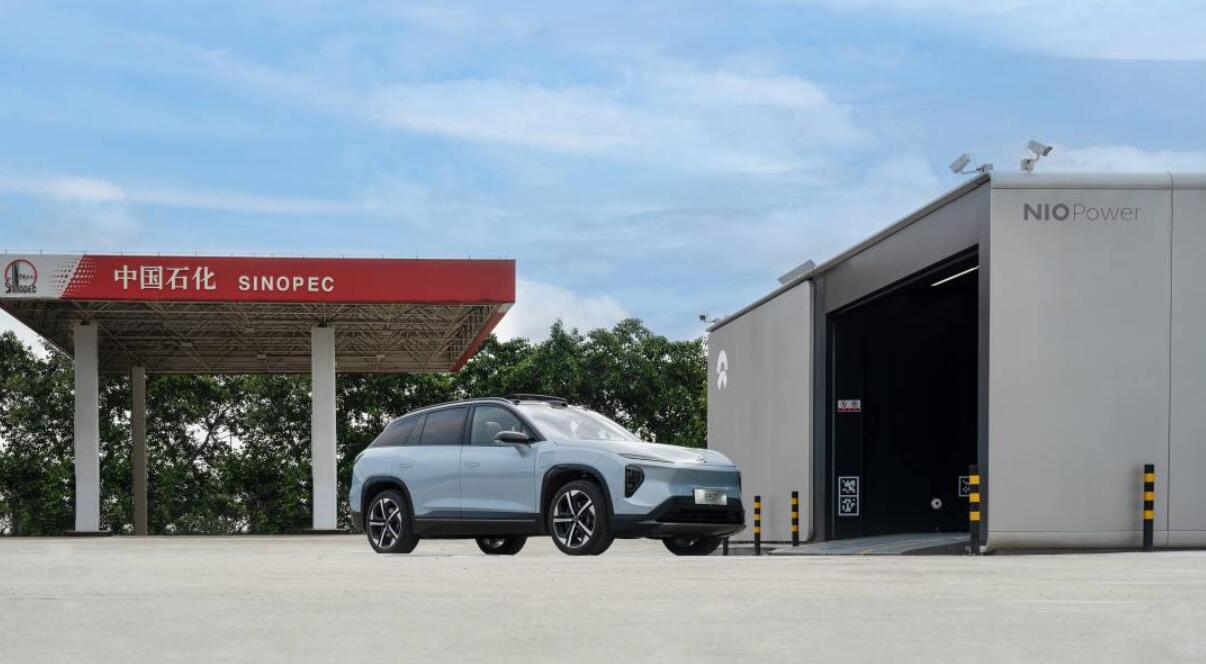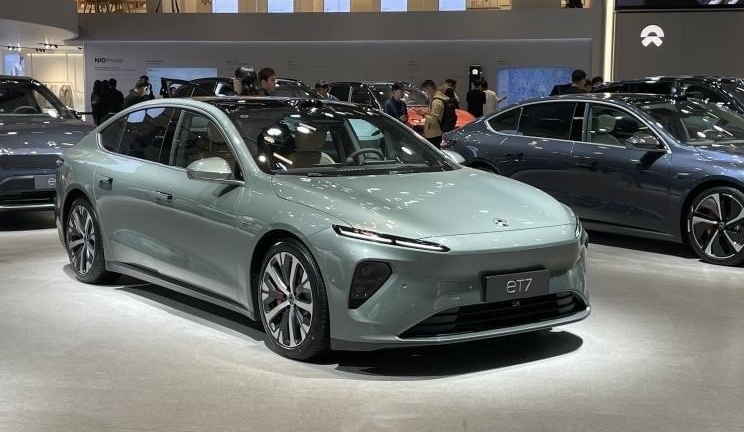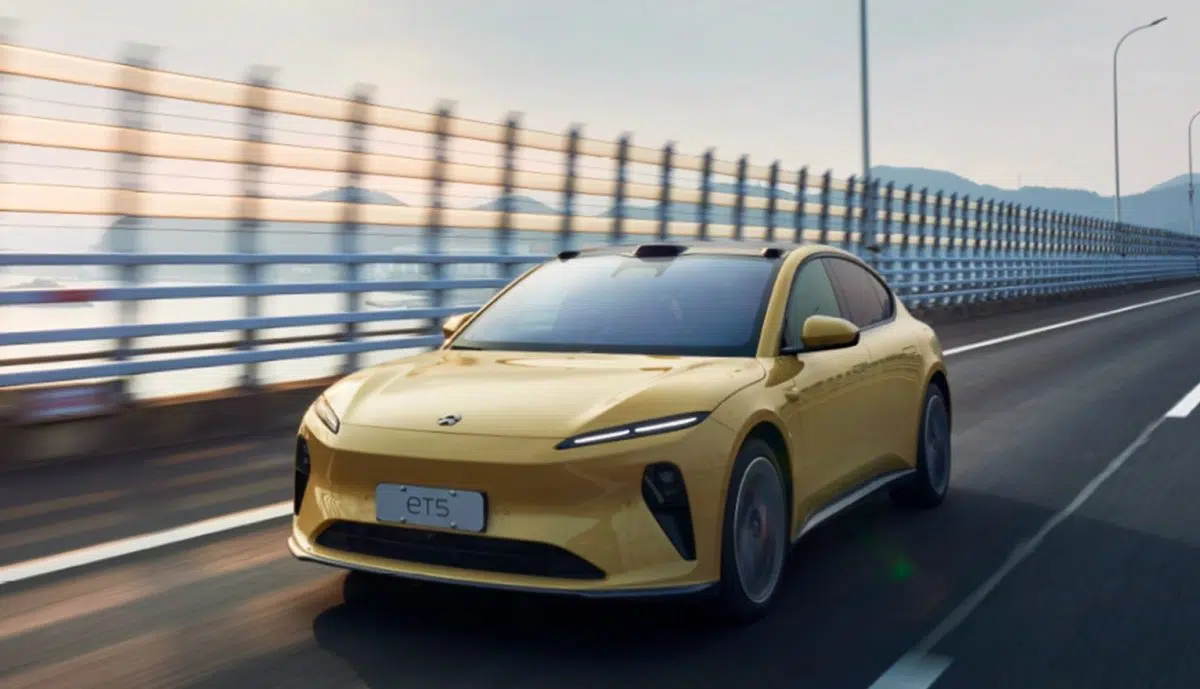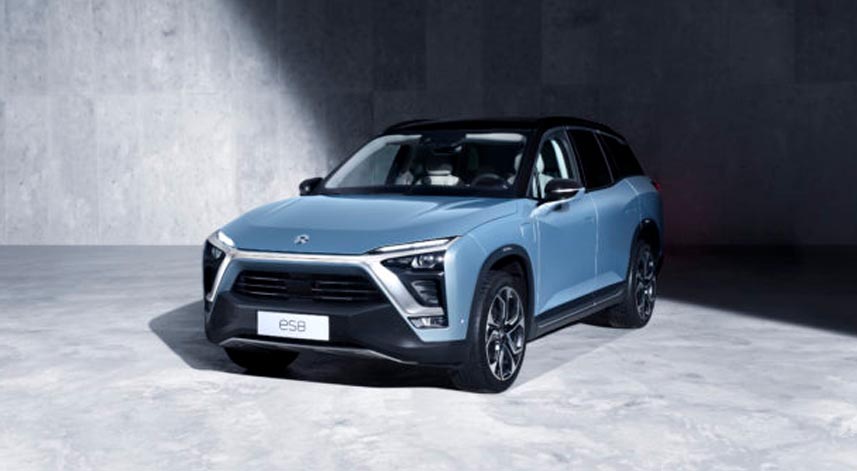NIO has deployed 1,326 battery swapping stations and 52 destination charging routes across China, with users completing nearly 20 million battery swaps. The founder, chairman, and CEO of NIO, William Li, announced that the company is also actively installing 500 kW ultra-fast charging stations to complement its existing battery swapping technology.
According to NIO, users have completed 20 million battery swaps, with over 45,000 daily swap services provided. One car departs from a battery swap station every 1.9 seconds on average. The company plans to accelerate its charging station layout and provide more convenient battery swapping services to users in 2023.
NIO’s previous plan was to build over 1,700 battery swapping stations and more than 20,000 charging piles across China. The third-generation NIO Power Swap Station uses a brand-new three-position collaborative swapping mode, reducing swapping time by 20%. The number of battery compartments has increased to 21, and the daily service capacity of a single station can reach 408 times, a 30% increase compared to the second-generation swap station.
The third-generation swap station features NIO’s self-developed HPC bidirectional high-power liquid-cooled power module, which is globally innovative, with a maximum efficiency of 98% and charging/discharging power of 62.5 kW.
NIO’s 500kW ultra-fast charging station has a maximum power of 500kW and a maximum current of 660A, shortening the charging time. NIO claims that it only takes 20 minutes to charge from 10% to 80% for the 400V model and only 12 minutes for the 800V model.
In March 2023, NIO delivered 10,378 new vehicles, a year-on-year increase of 3.9%. Among them, 3,203 high-end intelligent electric SUVs were delivered, and 7,175 high-end intelligent electric vehicles were delivered.
NIO’s commitment to building more battery swapping and charging stations demonstrates the company’s dedication to providing convenient and efficient services to its users. As the electric vehicle market continues to grow, NIO’s investment in infrastructure will undoubtedly give it a competitive edge.

